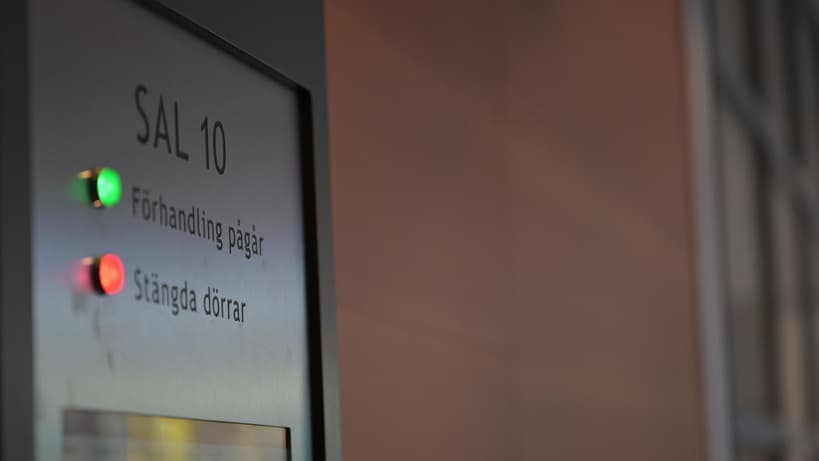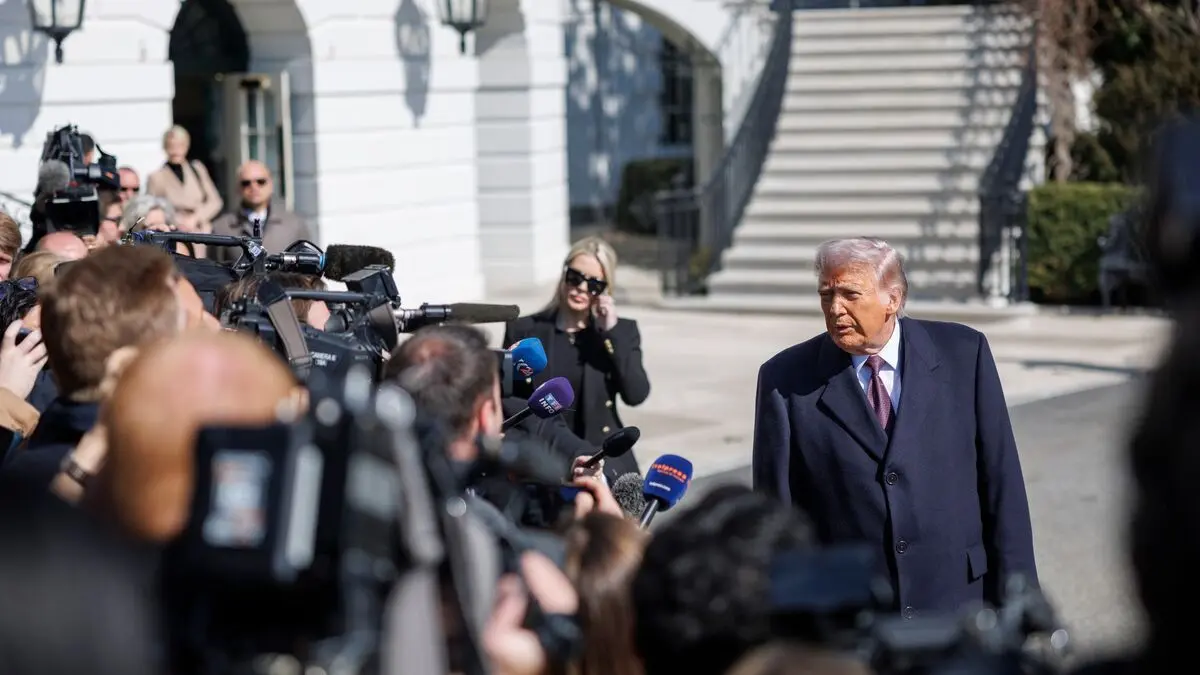In February last year, the police seized a memory card from a TV4 journalist who was alleged to have filmed inside a courtroom. The district court upheld the decision – which was later overturned by the court of appeal.
Now, the Supreme Court is upholding the court of appeal's decision after the prosecutor-general appealed to the highest instance.
The court of appeal ruled in its judgment that the seizure contravened the freedom of expression act's prohibition on censorship and other restrictive measures.
If the court of appeal's decision becomes guiding, wrote the prosecutor-general in their appeal, it would ultimately mean that there is "always an obstacle to seizing anything that may be intended for publication" from a journalist in the course of a criminal investigation.
This, the prosecutor-general further noted, would have far-reaching consequences for the possibilities of investigating and prosecuting crimes.
The Supreme Court also found that the case raises the question of "whether the seizure of journalistic material contravenes the protection of freedom of expression and information" and granted leave to appeal.
In its decision, it is now established that the seizure contravened the freedom of expression act.






